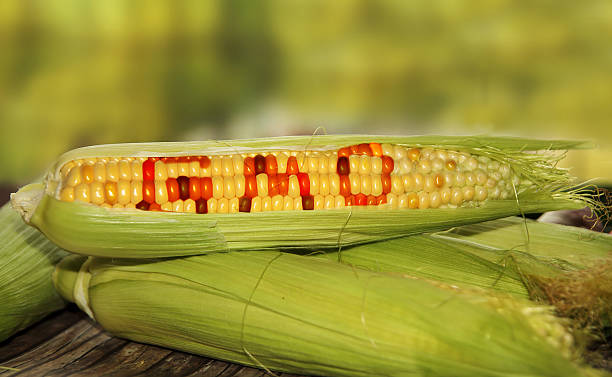June 3, 2025 | 17:53 GMT +7
June 3, 2025 | 17:53 GMT +7
Hotline: 0913.378.918
June 3, 2025 | 17:53 GMT +7
Hotline: 0913.378.918

The concerns go further than the corn stalks. Gibson said if one country changes the rules that may spread to other places and commodities.
A U.S. Trade Representative is working to resolve a conflict between the United States and Mexico regarding GMO corn. This follows the 2020 decree by Mexico’s president Andrés Manuel López Obrador saying he would not allow GMO corn to be imported into the country starting next year.
The executive director of the Texas Corn Producers Board in Lubbock, David Gibson, said this would hurt producers because Mexico imports 750 million bushels of U.S. corn each year.
“That’s a significant loss of a place for that corn to go,” Gibson said. “Ultimately, that will come back to lower prices for all of our Texas corn producers and our nation’s corn producers.”
A lot of that corn comes from South Texas. Gibson said if those producers don’t have Mexico as an option, they will face an economic loss.
“It will have an effect on the cash price of that corn because it will then, instead of being shipped a few miles to an end market it will have to be diverted and sent to some other place,” Gibson said.
Gibson said 90% of U.S. corn is GMO or genetically modified. A U.S. Trade Representative filed a dispute settlement asking Mexico to explain why it’s not accepting biotechnology products. Gibson said producers have been pushing to settle the conflict.
“We’re hoping to resolve it that at the end of the day we can still continue to have Mexico as the market as it was agreed to in the trade agreement,” Gibson said.
The concerns go further than the corn stalks. Gibson said if one country changes the rules that may spread to other places and commodities.
“Then all of a sudden we could be dealing with far more issues than just corn,” Gibson said.
While the ban doesn’t start until 2024, Gibson said Mexico is already reaching out to other countries for corn instead of the United States. He said that will leave producers having to look for other end markets.
((KCBD)

(VAN) Vikas Rambal has quietly built a $5 billion business empire in manufacturing, property and solar, and catapulted onto the Rich List.

(VAN) Available cropland now at less than five percent, according to latest geospatial assessment from FAO and UNOSAT.

(VAN) Alt Carbon has raised $12 million in a seed round as it plans to scale its carbon dioxide removal work in the South Asian nation.

(VAN) Attempts to bring down the price of the Japanese staple have had little effect amid a cost-of-living crisis.

(VAN) Fourth most important food crop in peril as Latin America and Caribbean suffer from slow-onset climate disaster.

(VAN) Shifting market dynamics and the noise around new legislation has propelled Trouw Nutrition’s research around early life nutrition in poultry. Today, it continues to be a key area of research.

(VAN) India is concerned about its food security and the livelihoods of its farmers if more US food imports are allowed.